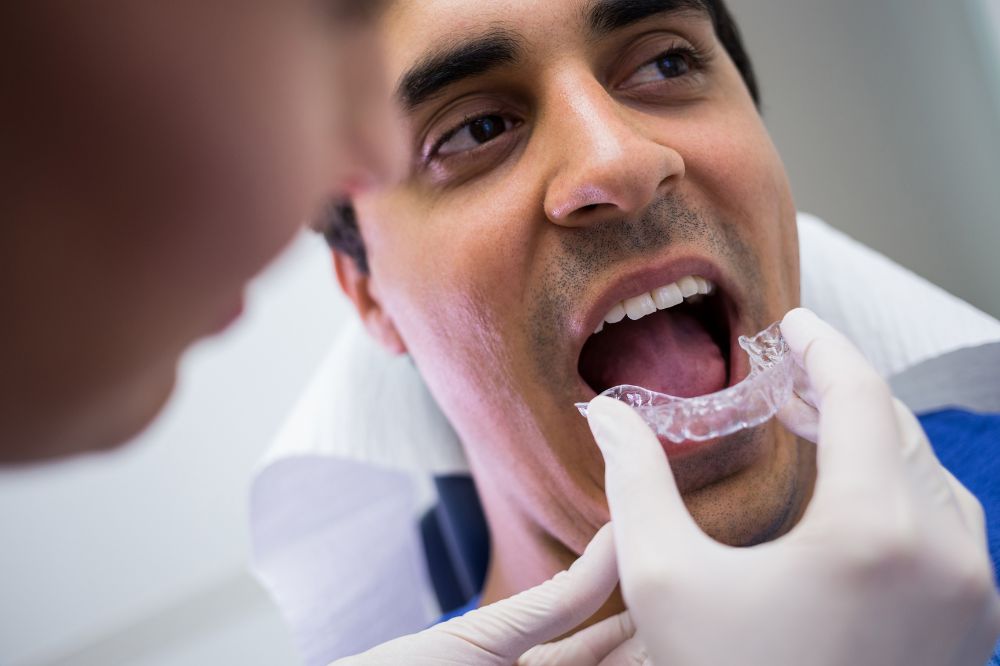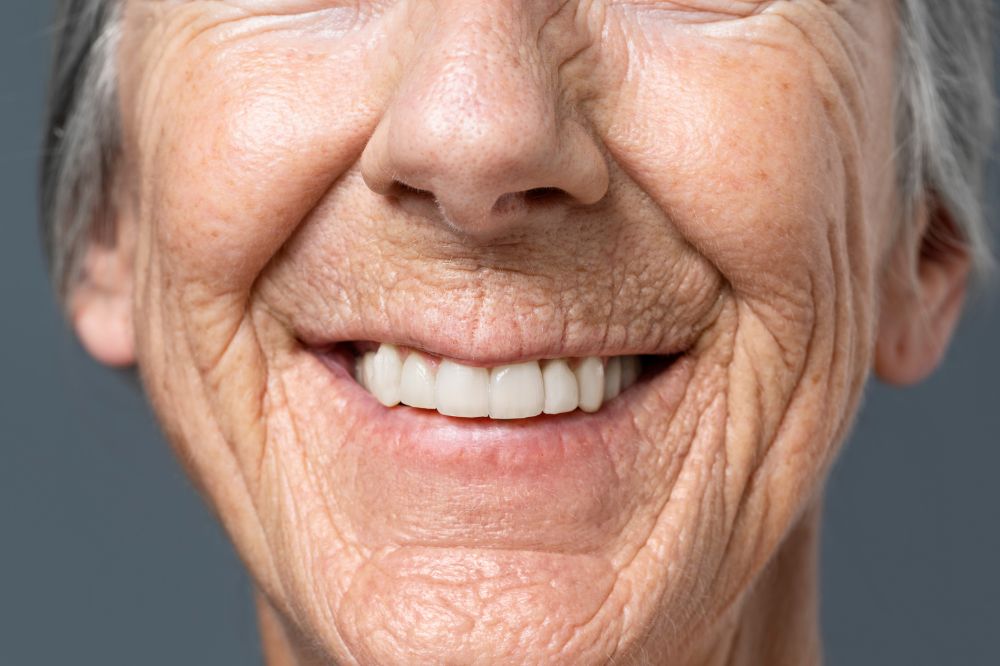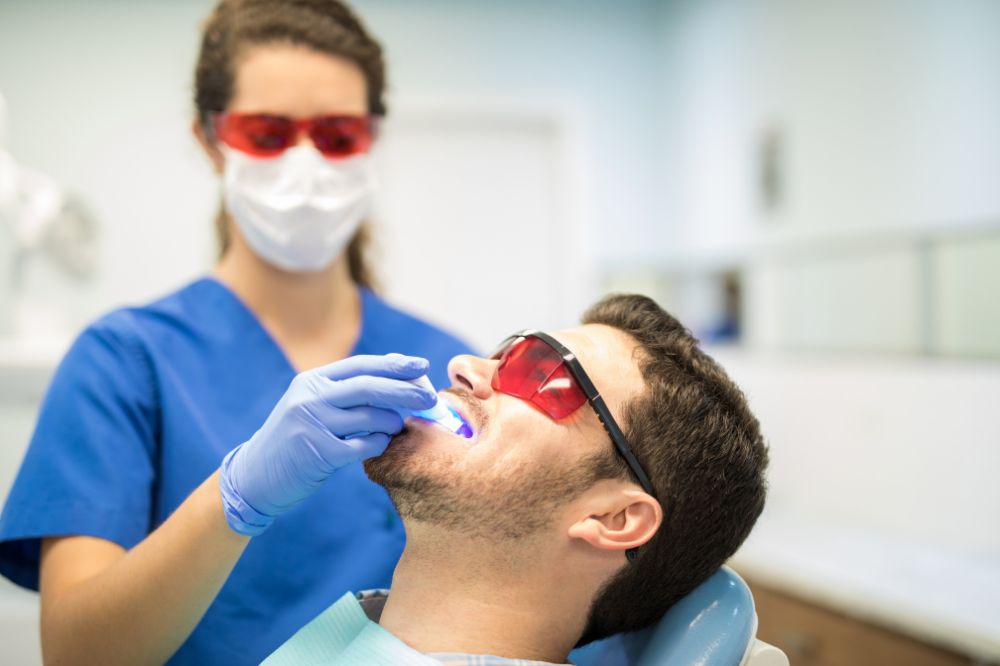When teeth are missing and have to be replaced, dentures are a common and effective method. But patients are confused by “full denture” and “complete denture.” Are they synonymous? Do they serve different functions? You should understand what they are so you can make intelligent decisions about your mouth.
If you are seeking complete dentures in North East, it is helpful to be aware of your options. In this blog, we’re going to describe how full and complete dentures differ from one another, their advantages, and which might suit you best.
What Are Full Dentures?
Full dentures are an appliance of artificial teeth to replace all the natural teeth in the upper or lower jaw. They are usually indicated for patients who have lost all their teeth in one arch, either from decay, trauma, or gum disease. Full dentures restore the chewing function, facial form, and appearance.
They are composed of acrylic or acrylic and metal and are specially fabricated to fit in your mouth. There will be a top full denture that will cover the upper part of the mouth and a bottom that is horseshoe-shaped to accommodate the tongue.
What Are Complete Dentures?
“Complete dentures” has been employed incorrectly instead of “full dentures,” and this is where the confusion starts. Complete dentures in dentistry also mean full replacement of all teeth, either in the upper or lower jaw, or both.
So technically, then, “full dentures” and “complete dentures” are the same thing. The difference is more in terms than in shape or operation. Both describe dentures that replace an entire arch of missing teeth, rather than partial dentures, which replace some missing teeth.
When you get this, patients can then go about being open with their dentist in terms of what they need. If you are considering treatment, finding a dentist near you can help you get personalized guidance.
When Are Full (Complete) Dentures Needed?
Complete dentures are generally indicated in the following cases:
- When all the natural teeth are missing in the upper or lower jaw
- When the majority of the remaining teeth cannot be restored
- After removal, when teeth cannot be preserved further
- In advanced gum disease cases with extensive loss of teeth
Having complete dentures can make eating and speaking easier, help in facial muscle support, and enhance your self-confidence.
Full Dentures vs. Partial Dentures
To fully understand the term “complete dentures,” it helps to compare them with partial dentures:
- Complete/Full Dentures: Replace all teeth in one or both arches.
- Partial Dentures: Used when some natural teeth remain. These dentures attach to the remaining teeth with metal clasps or precision attachments.
Partial dentures are ideal when a few healthy teeth can be preserved, offering more stability and maintaining jawbone health.
Materials and Customization
Complete dentures are typically made using acrylic resin. Some high-end models include flexible acrylic bases or reinforced metal for added strength and comfort. Your dentist will customize the shape, size, and colour of the denture teeth to match your mouth and preferences.
The process usually includes impressions, try-ins, and adjustments to ensure the final dentures fit comfortably and look natural.
Adapting to Life with Dentures
Adjusting to dentures takes time. In the beginning, you may feel some discomfort or increased saliva production. Eating and speaking may also require practice. However, with proper care and patience, most people adjust within a few weeks.
It’s also important to follow your dentist’s instructions for cleaning and maintenance. This keeps your dentures in good shape and helps prevent irritation or infections.
Your Smile Deserves the Right Care
Choosing between denture options doesn’t have to be confusing when you have the right support. For personalized advice and denture solutions tailored to your needs, schedule a consultation with North East Dental Arts. Our experienced dentist in North East is here to guide you every step of the way, whether you’re getting your first dentures or replacing an older set






